Are you confused about the different types of essay questions and unsure of what the examiners are looking for?
There is nothing worse than spending 45 minutes writing an incredible essay that does not answer the exam question. This is a common mistake examiners see every year when marking students’ exam papers. To avoid making this easy mistake yourself, keep on reading.
What are A-level essays and why are they used?
The majority of A-level subjects have an essay question in the exam or longer written style questions. Examiners include essays to test your ability to formulate arguments, write a clear and structured answer that is relevant to the question, demonstrate understanding of the subject and show evidence of wider reading and critical thinking. Discover our recommended university reading lists.
To do this, you need to be able to write concisely and manage exam time effectively.
Your A-levels are just one part of your Oxbridge application. Performing well in your Personal Statement, Admissions Tests and Interviews is key for offer success.
Prepare effectively over the next few months with our expert Oxbridge guidance and structured learning. We help you craft the perfect Personal Statement, achieve a highly competitive Admissions Test score and teach you how to Interview effectively – covering all areas of your Oxbridge application, from History to Medicine.
Discover our Oxbridge Premium Programmes by clicking the button below to enrol and triple your chances of success.
How to analyse A-level essay questions
Before you rush off into planning your essays during the exam, make sure you fully understand what the question is asking.
Breaking Down Essay Questions
Analysing essay questions is a key skill. You can use the method below to break down questions into clear and separate elements to help you understand what the question is asking. These are taken from a 2018 AQA Past Paper.
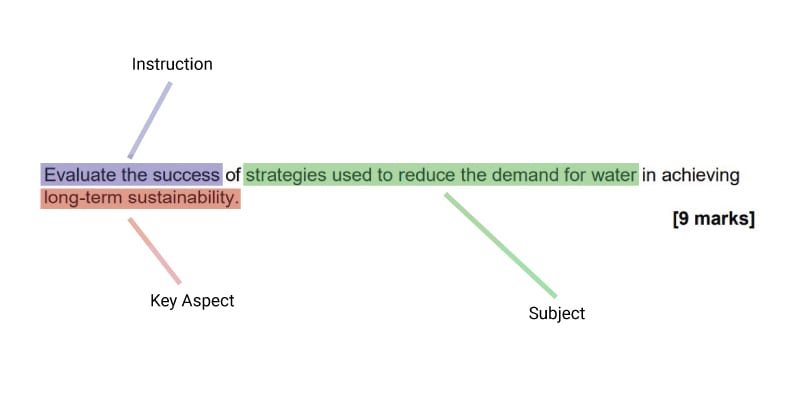
Breaking Down Essay Mark Schemes
Below we have the mark scheme for the same question. It is clear what the examiners are looking for to award you top marks. The keywords highlighted show that to reach the 7-9 marks, you need to provide relevant information by actually evaluating and analysing the strategies and providing evidence to back up your points.
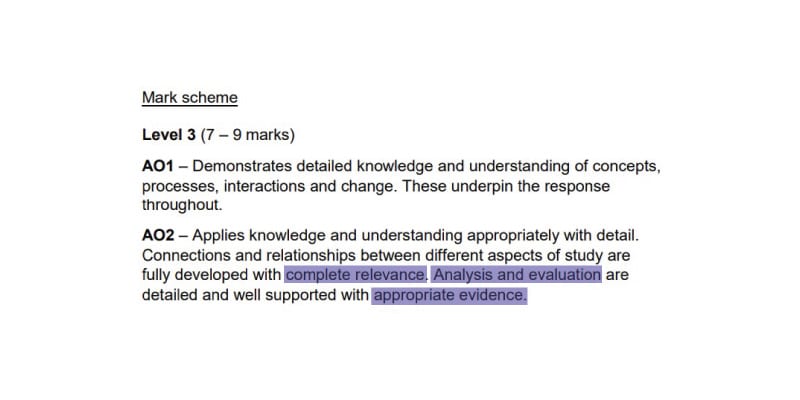
It might sound obvious to answer the actual question but students still have issues with this every year, as seen in the Examiner Report below (which is for the same question). It is clear that lots of students do not understand what the question is asking and describe the success of strategies rather than evaluate the success of strategies.
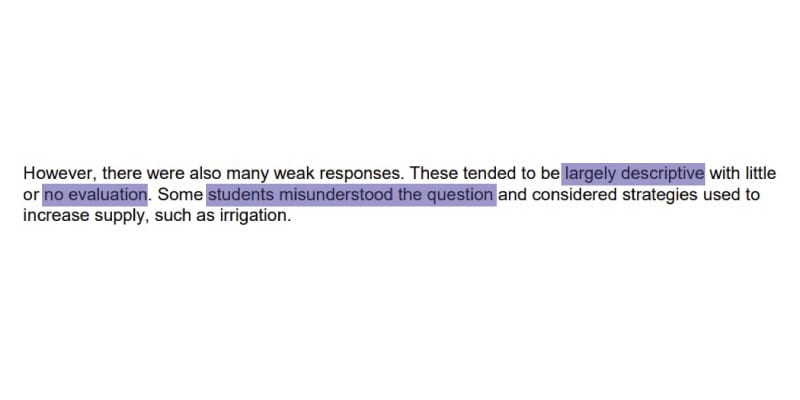
Access "The Big Book Of Oxbridge Applications" For FREE
Work experience is just one part of the Oxbridge Medicine application process, so download The Big Book Of Oxbridge Applications for free here to learn about every step of the process. Through over 350 pages, you’ll find:
- Over 40 admissions test practice questions
- 28 example Oxbridge Personal Statements
- Interviews with Oxbridge students and graduates
- A-Level Revision Guide
- Additional downloadable resources
Fill in your details below to claim your digital copy today!
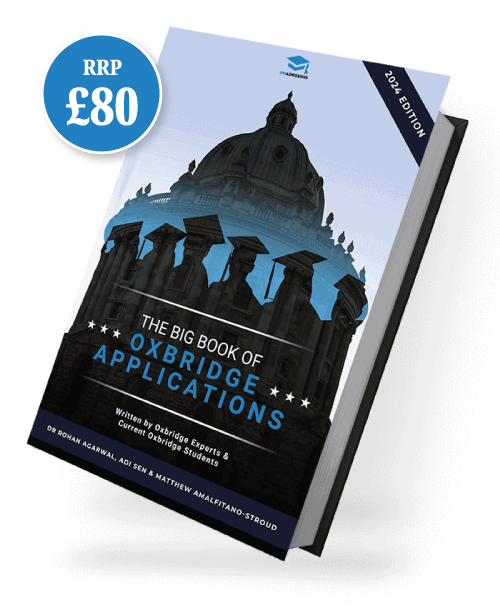
Claim Your FREE A-Level Revision Handbook
If you’re struggling to start on your revision or are worried about your progress, this handbook is for you! Within this free guide, you will learn about how to effectively prepare for your exams and how you can improve your score with simple techniques. Fill out the form below to have your handbook sent directly to you!
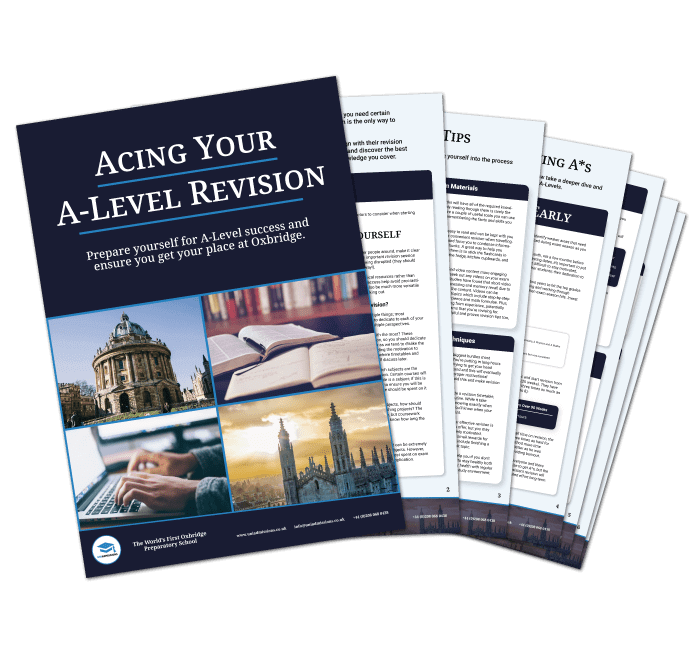
What are the different a-level essay question types?
We can break up the essay questions into two main styles, critical and descriptive.
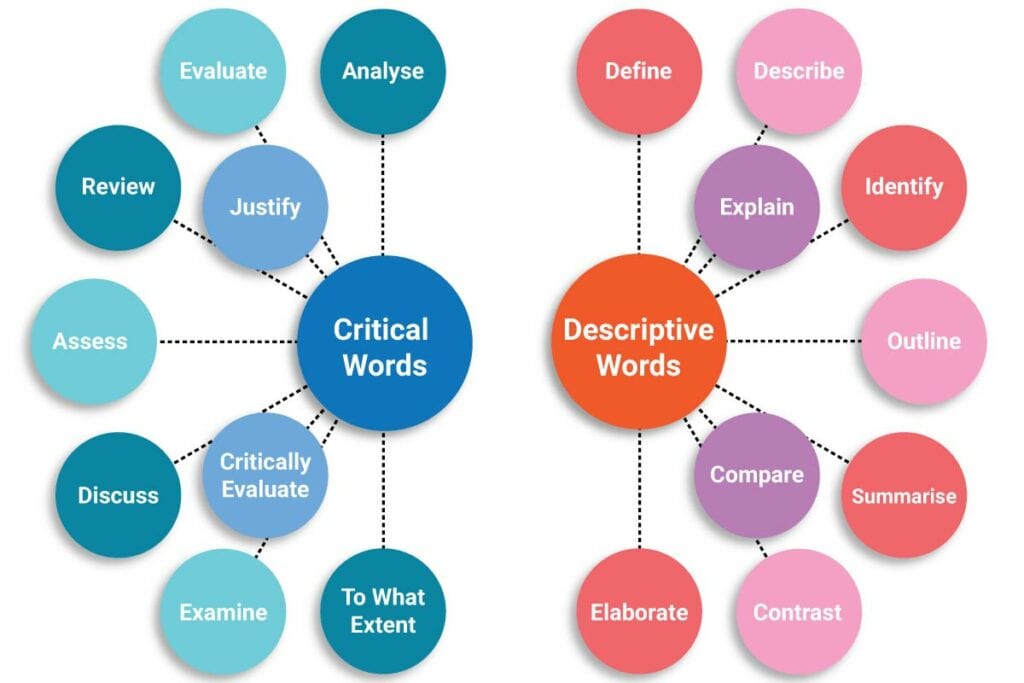
Critical essay questions
To explain what critical questions are, we will look at the words used in the questions.
Evaluate:
The examiner is expecting you to debate the topic of the question and provide plenty of evidence for each point. Critical thinking is key and your final conclusion should be your verdict to the extent of how much an argument is accurate or how much you agree or disagree with a hypothesis.
For example:
BBC Bitesize provides a good evaluate sample question: For a developed world city you have studied, evaluate the effectiveness of strategies used to manage traffic. (8 marks)
Pedestrianisation of CBD roads increases safety and makes these areas more appealing to shoppers. Fewer cars in pedestrian zones lead to lower emissions and improved air quality. However, shops may see reductions in business activity as shoppers could feel less inclined to park outside of the CBD and walk or take public transport in.
Discuss:
The examiner expects you to demonstrate your reasoning skills with relevant evidence to back up your arguments. A conclusion must be reached with the advantages and disadvantages of the given context and different perspectives can be considered.
For example:
Discuss the effects of land degradation on either a named rainforest or semi-arid area you have studied. (6 marks)
Crop failures and livestock loss have led to a diminished food supply causing malnutrition and famine for people in countries like Ethiopia. Moreover, this has caused large-scale rural-urban migration into overcrowded areas in the south, which is increasing the population size of shantytowns.
Descriptive Essay Questions
Descriptive questions are very different from critical questions.
Describe:
The examiner usually expects you to write a detailed explanation of how and why something occurs. Your writing should be objective and outline rather than examine. It is also a good opportunity to draw a diagram to support your explanation.
For example:
Describe factors that affect the amount of energy received at the Earth’s surface. (6 marks).
Snow and ice at the North and South Poles cause the albedo effect which means they reflect more radiation, whereas dark forests absorb more radiation from the sun.
Explain:
This is different to describe because you need to give reasons for your answer. The examiner expects you to demonstrate your understanding and knowledge of the subject. Keep thinking of ‘who’, ‘what’, ‘where’, ‘why’, ‘when’ and ‘how’. A good way to pick up marks is by providing definitions of more technical or specialised terms.
For example:
Explain the stages and process involved in the formation of a stack. (10 marks)
The rocks on a headland have lines of weaknesses. Waves from the sea erode the weaker lines. Hydraulic action is the force of waves crashing against the shoreline and surrounding cliffs. The waves force air into weaknesses in the rocks such as cracks which compress and blows the rock apart as pressure is released.
Final A-level essay tips to answer questions effectively
- Be relevant and answer the question
- Provide logical and well-structured arguments
- Apply knowledge from the specification, wider reading and demonstrate independent thought
- Use critical thinking to explore arguments and provide relevant evidence to support your points
- Manage time effectively
Start your Oxbridge application journey in the best way possible with effective support from our Oxbridge Tutors.
We help you craft the perfect Personal Statement, achieve a highly competitive Admissions Test score and teach you how to Interview effectively – covering all areas of your Oxbridge application, from History to Medicine.
Discover our Oxbridge Premium Programmes by clicking the button below to enrol and triple your chances of success.







